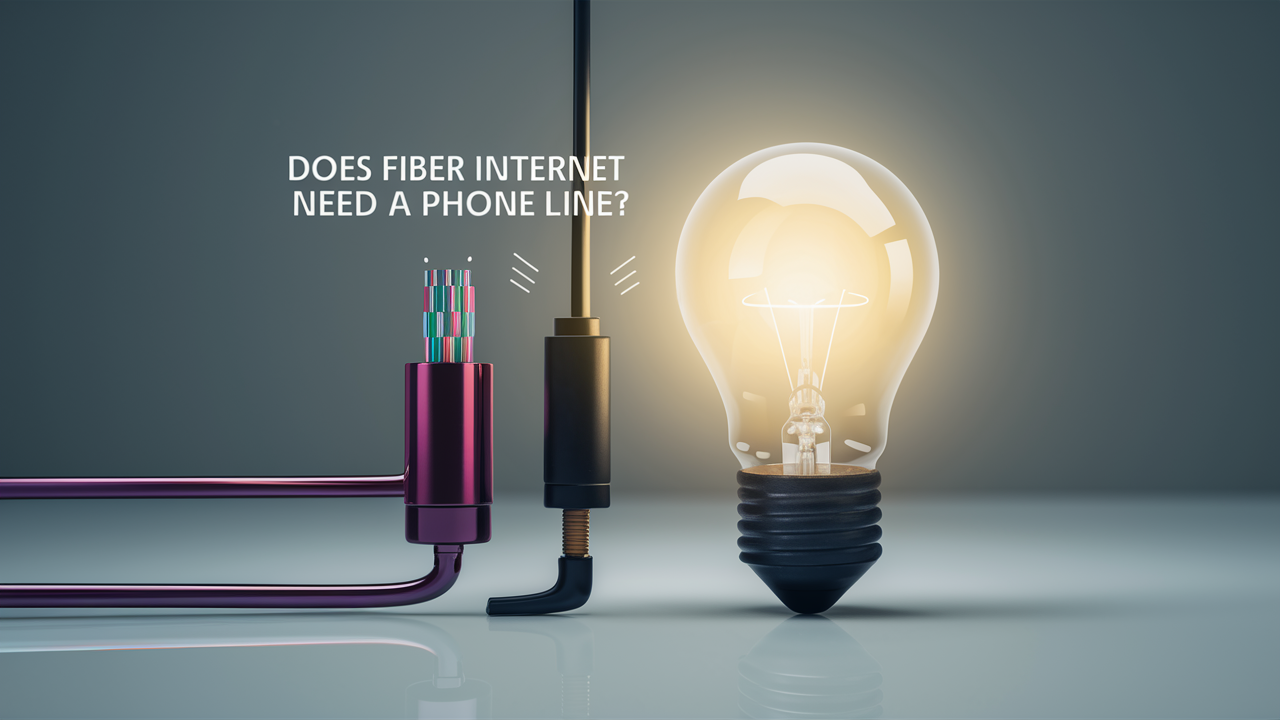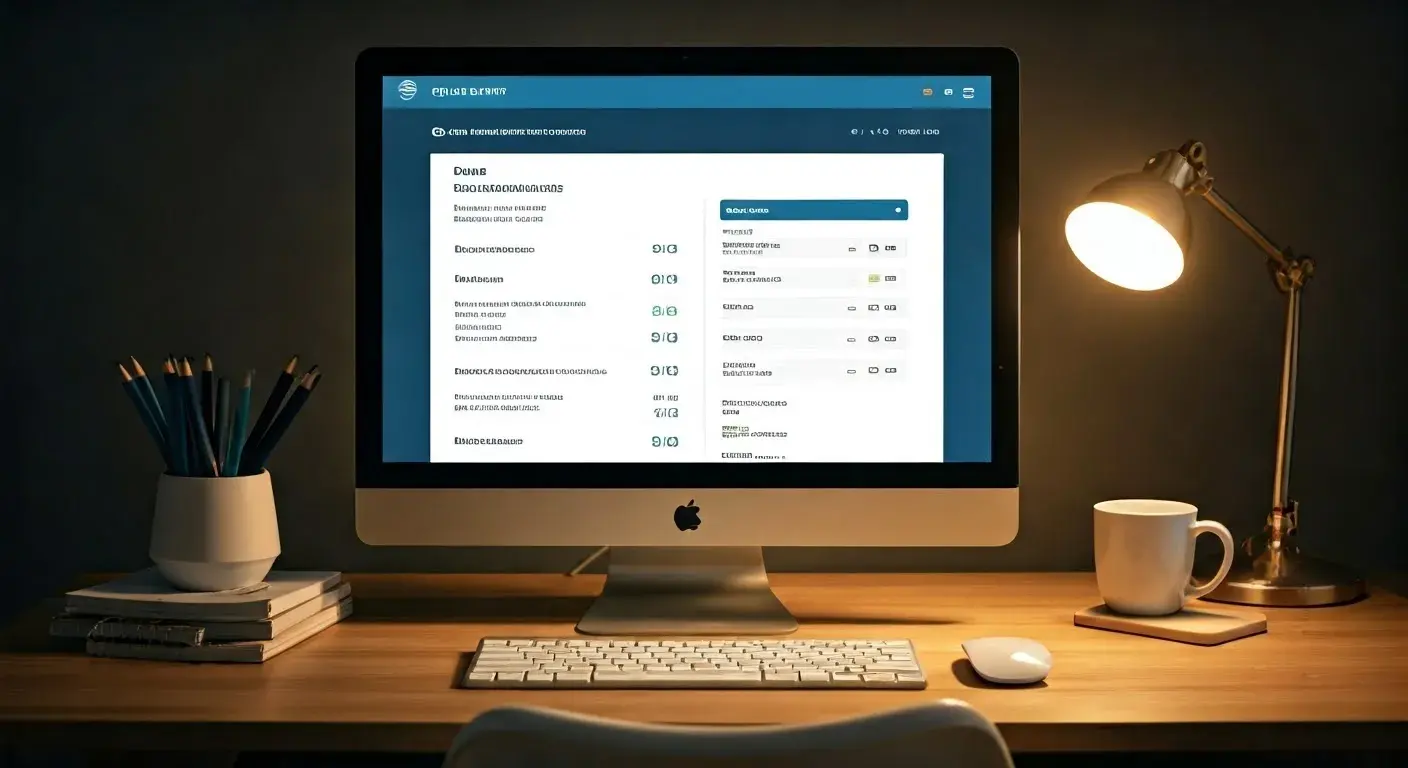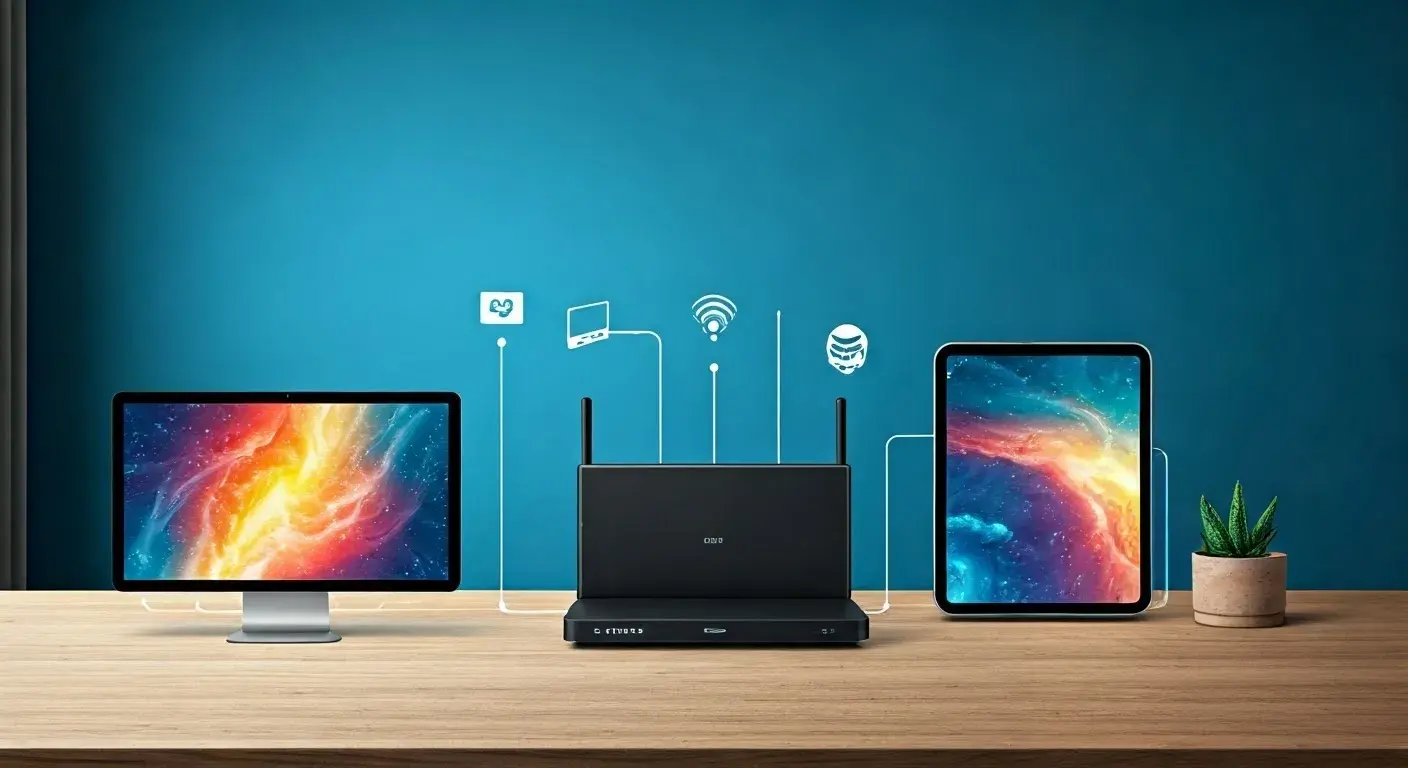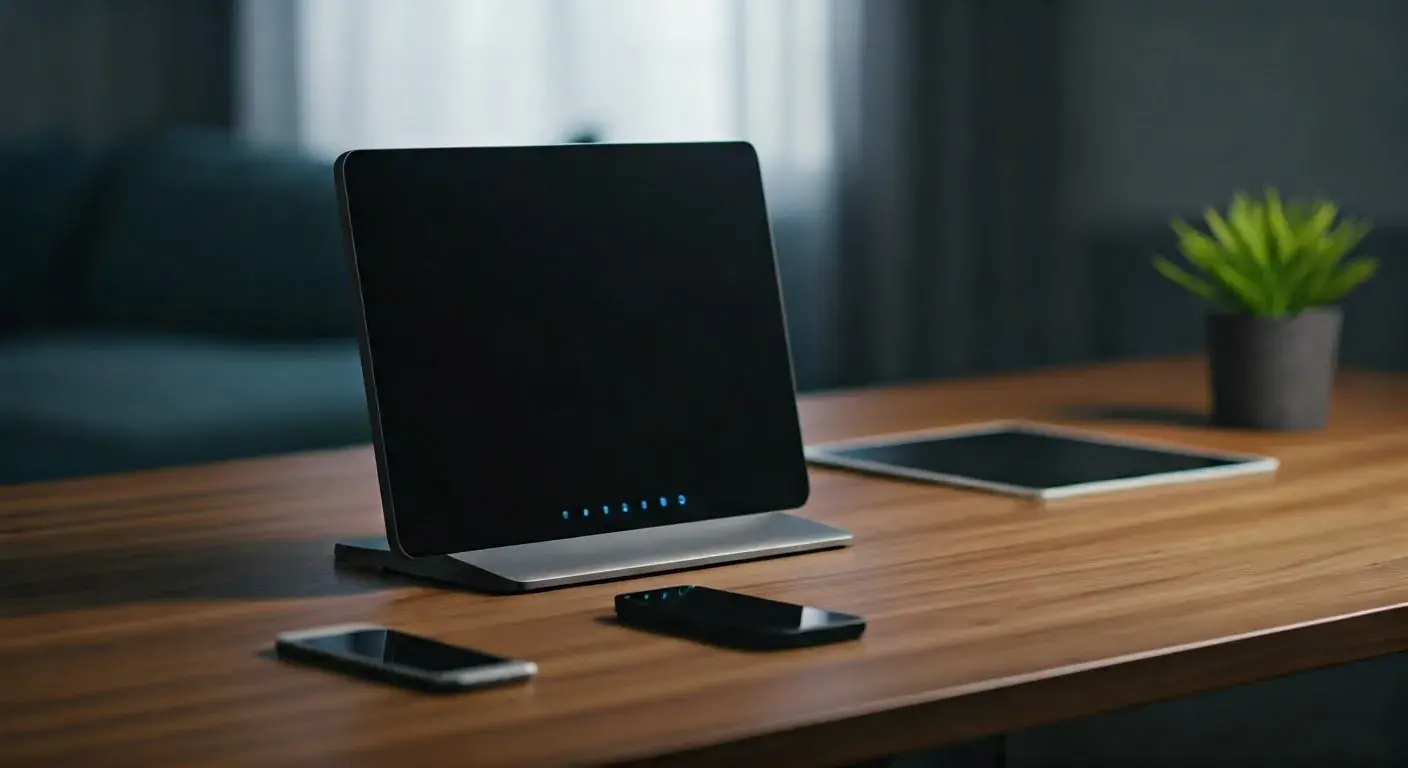Does fiber internet need a phone line?

Fiber internet service, which is also referred to as fiber optic internet, is the best type of internet connection technology in the market today as it offers high operational speeds. In fiber, information is transferred through thin and flexible strands of glass or plastic known as fibers by the use of light signals as opposed to the metallic wires that use electrical signals for conveying information. This results in extremely high improvements in the rates as well as stability and capability when compared to the previous Internet connections such as DSL and cable.
Another question often asked concerning the fiber internet is – can fiber internet work without a phone line? The short answer is no, fibre internet does not require a phone line to operate because the fiber optic cables carry the internet signals directly to your home. This is quite different from the earlier DSL technology which relies on copper telephone wires to carry data signals. Here are some key reasons why fiber does not need a phone line: Here are some key reasons why fiber does not need a phone line:
Less Dependence on Copper Conduit Structures
A fiber optic cable comprises fiber-optic threads that are made from flexible glass strands in place of metallic cables. This means that they use light signals to send data and unlike other networking technologies, they do not communicate with the PSTN which uses copper wire to provide a phone connection. Fiber has its own set of wires and cables that do not share any connection with the phone lines.
Greater Bandwidth
One of the biggest strengths of fiber is that it has a bandwidth capacity that could essentially be as large as one wants. Although a copper phone line may be defined to have download speeds of about 50Mbps as can be capped realistically, fiber connections can deliver download speeds of about 1Gbps and more. This completely negates the point of using phone networks in the first place if dedicated fiber has a lot more bandwidth.
Scalability
Similar to bandwidth, fiber internet still has immense potential to expand the speed and capacity over time by changing the equipment at both ends of the fiber cable. Phone networks rely on infrastructure that dates back to the previous century and cannot be scaled up to the extent that current Internet connection systems can. Fiber is capable of providing, maybe, speed boosts for decades to come.
Signal Reliability
Fiber optic signals can retain distinguishable patterns across far much longer distances than copper wire signals. High-speed serial data communication can work effectively without concerns of electromagnetic interference or signal degradation over long fiber runs. This renders the bundled voice/data solution via fiber lines unrequired. The fiber can provide connectivity needs on its own and is more reliable than the copper cable for the same.
Therefore to sum it up – no, a phone line is not needed when a fiber optic internet connection is available. Fiber, for instance, has no technological barriers that would demand for telephone network support. It has long evolved from the copper line technology to have dedicated cabling that tends to maintain connectivity at an extremely high level. Fiber internet plans do not come with phone service for these two reasons; first, fiber internet can carry all the required bandwidth for a home or business without being backed up by phone service. Due to these many factors such as high speeds, large capacities, scalability, and signal reliability phone line bundling cannot be justified for good fiber implementations.
Despite fiber internet not being dependent on a phone line, it is common for ISPs to provide packages in conjunction with phone services, especially for home users. This may cause one to think that owning a phone line is complementary to owning fiber internet. Phone service over fiber can be sold to residential customers to complete or perhaps enhance the fiber-based offering. But this capability of a phone line is of secondary importance – the fiber optic cable is not dependent on anything there.
In other words, it is like having a brand new, wide and smooth, eight-lane highway constructed solely for transporting information. It has no constructional features that are comparable to old single-lane roads such as telecom phone networks. The fiber superhighway, on the other hand, is entirely separate or vastly upgraded and built for one thing and one thing only: loads and loads of streaming data. This means that an interface with phone networks is not required. The fiber line only has a massive data bandwidth capability that can compare to that of a phone line but can support any mix of Internet, video, and voice traffic without needing any assistance.
In conclusion, while it is not necessary to provide a summary, I would like to say that in fact, fiber internet does not need a phone line connection at all from the technical point of view. The fiber optic cabling is technologically superior to copper and transmits signals on a line that is not influenced by phone lines. They mistakenly assume fiber requires PSTN support due to the historical bundling of services, which has no upper bandwidth or capability that necessitates it.
Upgrade to faster, more reliable AT&T Fiber Internet today! Call us at +1 844-905-5002 and get connected with speeds that keep you ahead.





